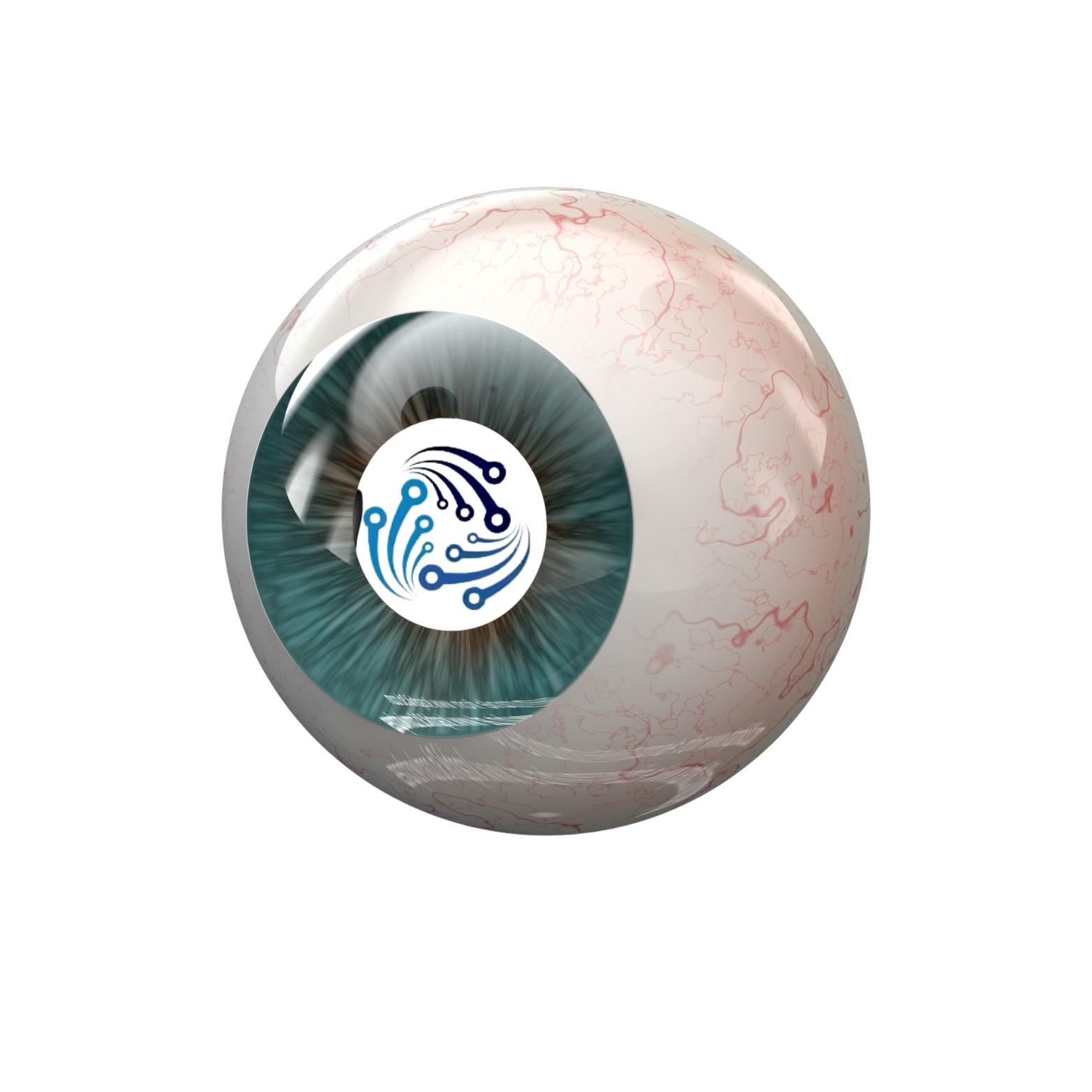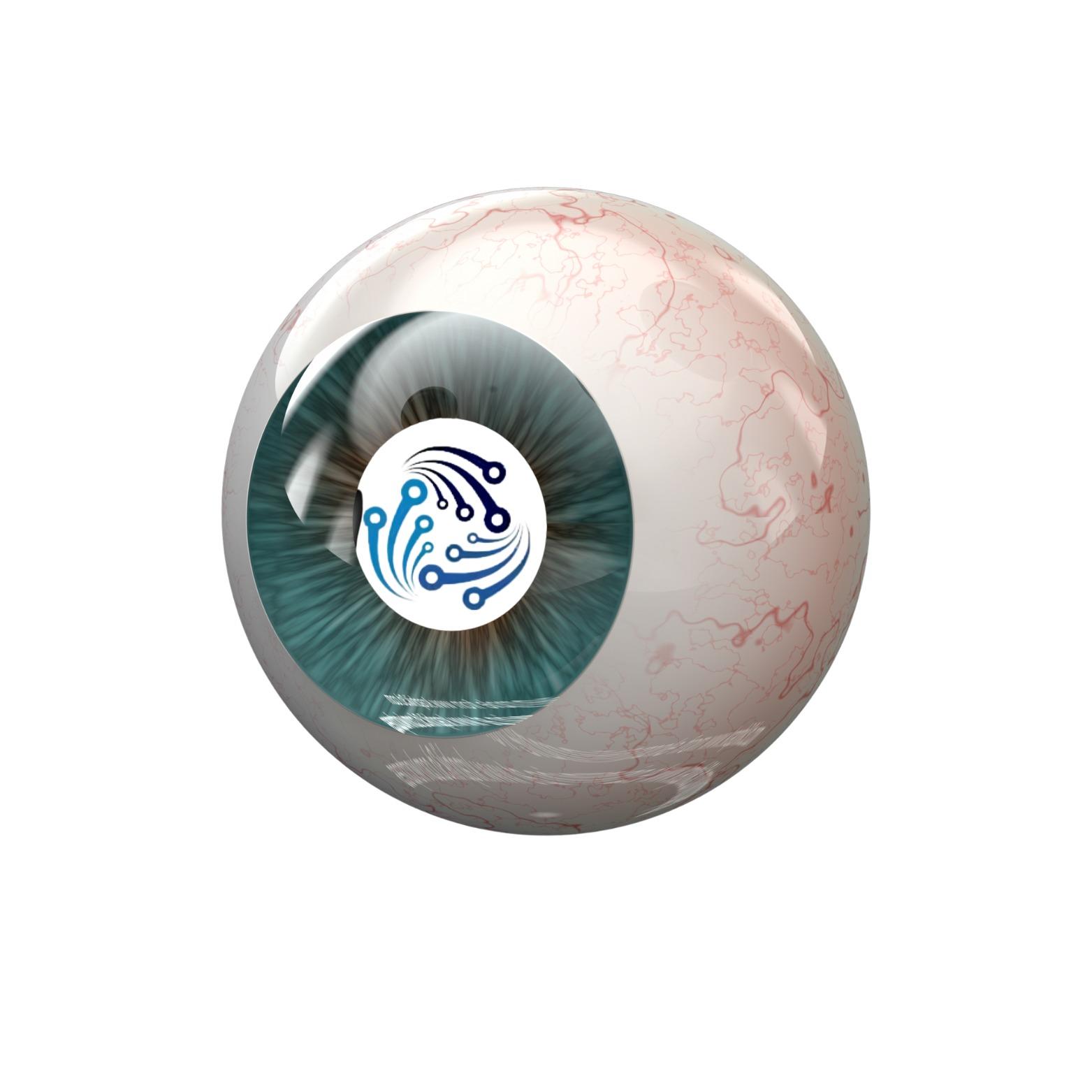Introduction
Cyclophosphamide is a crucial chemotherapeutic agent widely used in the treatment of various cancers and autoimmune diseases. As a life-saving drug, its production is vital to global healthcare systems. Ensuring a consistent, high-quality supply of cyclophosphamide requires skilled pharmaceutical manufacturers who adhere to stringent regulations and high production standards.
In this article, we will explore the leading manufacturer of cyclophosphamide, their role in global healthcare, and the impact of this critical drug in saving lives.
What is Cyclophosphamide?
Cyclophosphamide is an alkylating agent used in chemotherapy to treat conditions such as:
-
Cancers: Leukemia, lymphoma, breast cancer, ovarian cancer, multiple myeloma, and more.
-
Autoimmune diseases: Lupus, rheumatoid arthritis, and nephrotic syndrome.
It works by interfering with the DNA of cancer cells, preventing them from growing and multiplying. Due to its high efficacy, cyclophosphamide is a backbone drug in many chemotherapy regimens.
Importance of Reliable Manufacturers
The manufacturing of cyclophosphamide requires precision, quality control, and adherence to regulatory guidelines such as:
-
Good Manufacturing Practices (GMP)
-
US Food and Drug Administration (FDA) compliance
-
European Medicines Agency (EMA) regulations
-
World Health Organization (WHO) guidelines
Reliable manufacturers ensure that cyclophosphamide remains accessible, safe, and effective for patients worldwide.
Leading Manufacturers of Cyclophosphamide
1. Baxter International
Baxter International is a global healthcare company known for its dedication to innovative pharmaceutical solutions. They produce high-quality generic cyclophosphamide and supply hospitals worldwide. Their commitment to research and development ensures improved formulations and reliable distribution.
2. Hikma Pharmaceuticals
Hikma is a major player in the generic pharmaceutical market and provides affordable, high-quality cyclophosphamide. They have state-of-the-art manufacturing facilities in the U.S., Europe, and the Middle East, ensuring a steady supply of the drug for cancer patients globally.
3. Teva Pharmaceuticals
Teva is one of the largest generic drug manufacturers in the world. Their expertise in producing high-quality, cost-effective drugs makes them a trusted name in the production of cyclophosphamide. They adhere to strict regulatory standards, ensuring patient safety.
4. Pfizer Inc.
Pfizer, a global pharmaceutical giant, has been at the forefront of developing and manufacturing essential oncology drugs, including cyclophosphamide. Their research-driven approach helps optimize drug efficacy and improve cancer treatment outcomes.
5. Sandoz (A Novartis Division)
Sandoz is a leader in generic drug production and supplies a significant portion of the world’s chemotherapy medications, including cyclophosphamide. Their focus on biosimilars and oncology medications ensures better access to life-saving treatments.
6. Intas Pharmaceuticals
Intas, an Indian multinational company, is a key supplier of oncology drugs, including cyclophosphamide. They provide high-quality generic versions that make cancer treatment more affordable for patients in developing countries.
7. Aurobindo Pharma
Aurobindo Pharma is another Indian manufacturer with a strong presence in the global pharmaceutical market. Their robust production capabilities and extensive distribution network ensure that cyclophosphamide reaches patients in need across multiple continents.
8. Mylan (Viatris Inc.)
Mylan, now part of Viatris, produces a wide range of generic oncology drugs, including cyclophosphamide. Their commitment to quality and affordability makes cancer treatment accessible to millions worldwide.
Read more: Specialitymedz
Challenges in Cyclophosphamide Manufacturing
1. Regulatory Hurdles
Manufacturers must comply with strict regulations, which vary across different regions. FDA, EMA, and WHO approvals are crucial for market access.
2. Raw Material Supply Chain
Cyclophosphamide synthesis requires high-quality raw materials. Disruptions in the supply chain can lead to shortages, impacting patient care.
3. Production Costs
The cost of maintaining GMP-compliant facilities and quality control measures adds to the overall expense of producing cyclophosphamide.
4. Market Competition
While generic manufacturers help lower costs, intense competition can lead to price wars that affect profitability and sustainability.
The Future of Cyclophosphamide Production
The demand for cyclophosphamide continues to grow as cancer rates rise globally. Pharmaceutical companies are investing in:
-
Improved drug formulations to enhance efficacy and reduce side effects.
-
Biosimilar development for better accessibility.
-
Sustainable manufacturing to reduce environmental impact.
-
Stronger distribution networks to ensure availability even in low-income regions.
Conclusion
Cyclophosphamide remains a cornerstone in cancer treatment, and its availability depends on reliable manufacturers committed to quality, safety, and innovation. Companies like Pfizer, Teva, Hikma, and Sandoz are leading the way in ensuring that this life-saving drug remains accessible to patients worldwide.
As research progresses, the future of cyclophosphamide manufacturing looks promising, with better formulations, cost-effective production, and wider availability on the horizon.




